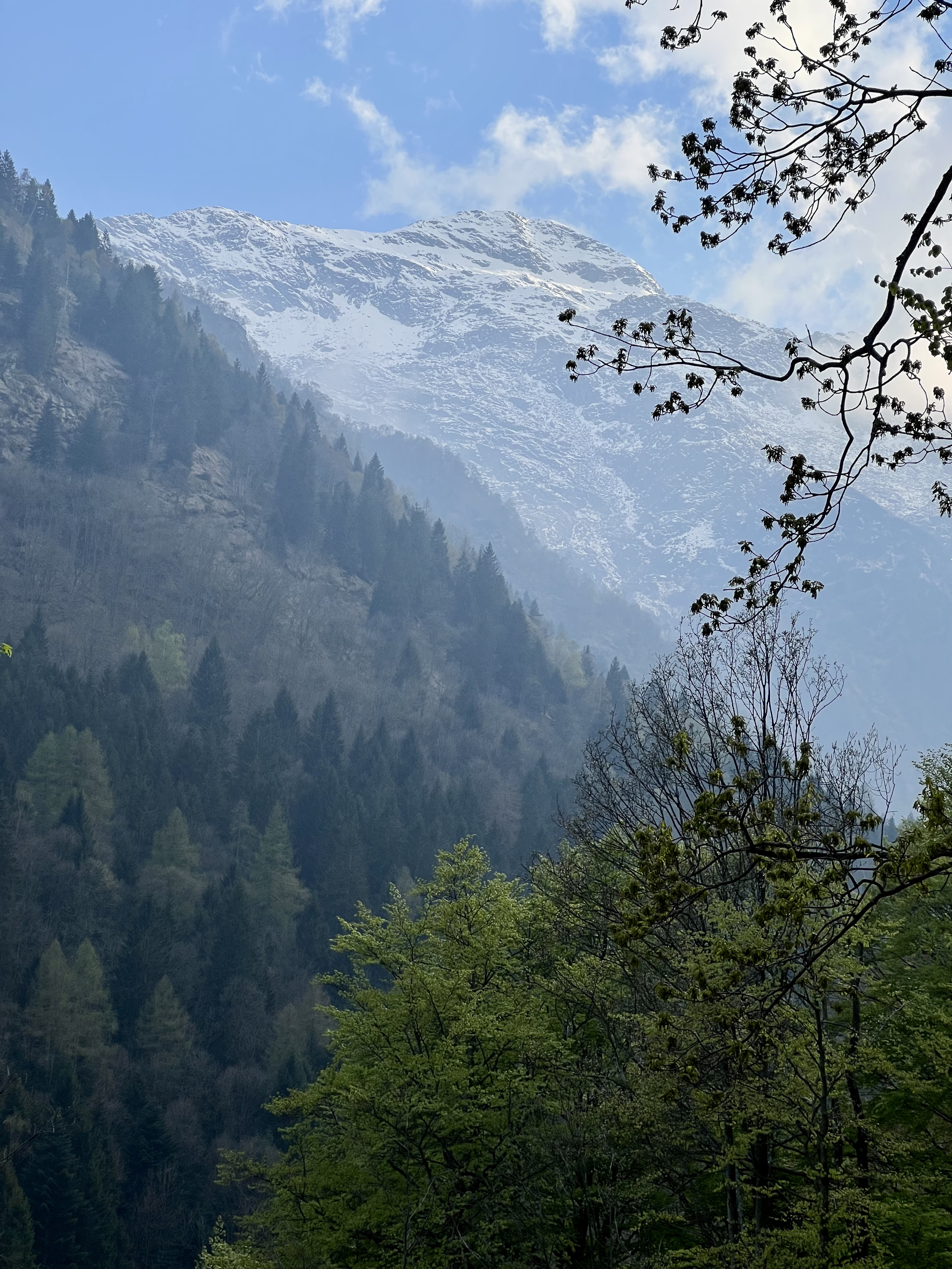What does “time-out” mean to you?
Taking “time-out”, the Great Resignation, quiet quitting, burnout, stress, self-care, self-led retreats – have all become much more talked about topics since 2020. Indeed, some of them only since 2020.
Maybe it’s the network I’m LinkedIn with, but a day doesn’t go by that I don’t see at least one post – usually many more than one – covering something on the above lines. There may well be studies looking at which areas of work are generating most burnouts, quiet-quitting and resignations but from my knowledge of NGO life, it wouldn’t surprise me if that sector was “up there”.
Regardless of sector, what is vital is that people have the ability and the support networks to take care of themselves and each other in their immediate circle. Whether these are employer led or individually driven, the principal issue is that time, resources and opportunity are (made) available.
We’re all different in how we envisage what taking time-out or what self-care looks like. Personally, I’ve had winter nights with the monks in Grand St Bernard hospice high up on the Swiss/Italian border, days in a remote kasbah on the edges of the Moroccan High Atlas as well as simply taking a good book to the nearest park for the day.
During the last winter (northern hemisphere) of 2021/22 where Omicron variant was surging, lockdowns or curfews were commonplace and Storms Dudley, Eunice and Franklin were chasing each other across the Atlantic, I began to imagine having a place to retreat to. Maybe we all did! Over the course of the next few months, those thoughts, however, began to take more shape and after (too) many hours on Italian property portals and a brief excursion down to the Alps west and north of Turin, I shook hands with the seller of a small (tiny?!) cabin 970m high up in the mountains.
What I was looking for – and found – was a place that I felt I - and others - could go to, to – well just hang out, relax, read, walk or whatever they felt they needed to do to under the wide umbrella of “self-care”.
Additionally, acknowledging that salary levels don’t dictate burnout and stress (although for many in the financial world, monetary rewards and stress are on the same growth curve) so availability to go somewhere should not be limited by affordability. I became aware of the “pay as you can” model a year earlier when my eldest daughter transformed her vegan rescue food company in the south of England to such a system and I decided to adopt a similar model for what has now become known as alittlecabininthealps (dot com)!
Since then, individuals, couples and small families (the cabin sleeps 4) have all enjoyed and benefitted from the peaceful location in the mountains. For more information, just follow this link.


